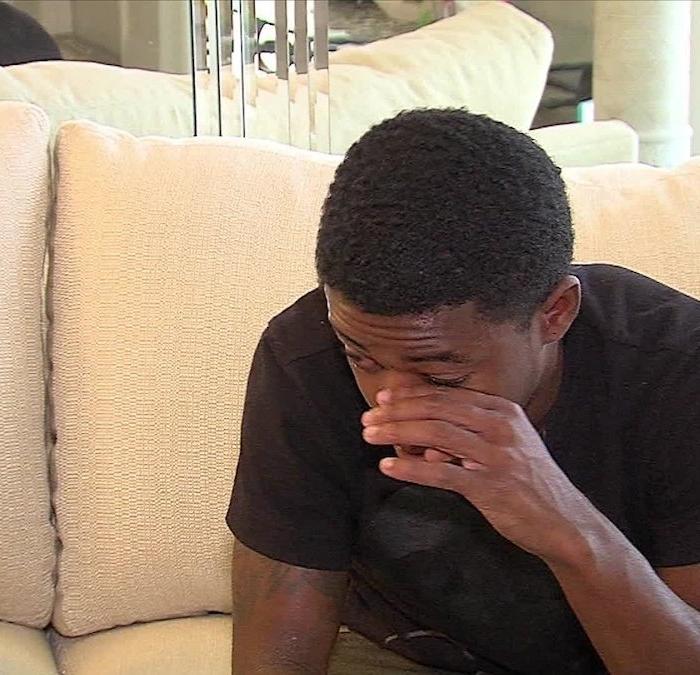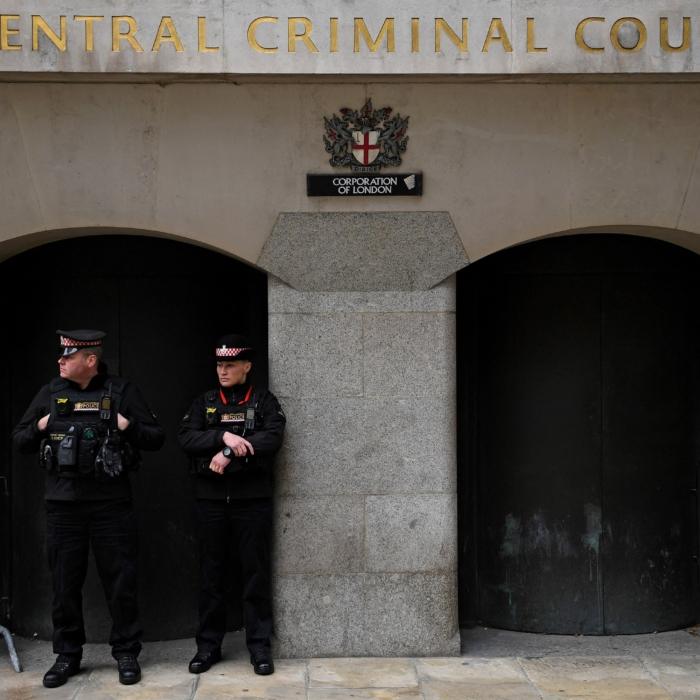Symptoms of post-traumatic stress disorder (PTSD) increased fourfold among participants exposed to distressing evidence in a mock trial, with researchers calling for mental health support to be provided to all jurors.
During the mock trial, participants were shown graphic skeletal evidence, including a 3D printed model of a human skull, and were asked were asked to read a summary of an anonymised murder case.
Before the study began, 11 percent of the 180 participants met the criteria for PTSD symptoms.
The figure then increased fourfold, with affected participants reporting disturbed sleep, greater stress, and increased symptoms of depression and anxiety.
Matt Brooks, a senior lecturer in forensic psychology at MMU, noted that the participants in the study were similar to real-life jurors, many of whom have experienced prior traumatic events such as bereavement or sexual abuse.
“There is currently no formal system for jurors to confidentially disclose prior trauma, and they may feel uncomfortable disclosing personal experiences in a courtroom.
“The high proportion of people in our study whose mental health issues were exacerbated by this realistic trial suggests that sensitive screening might be needed to protect those at risk of experiencing debilitating stress symptoms.”
Jury duty in the UK is a civic duty where citizens help decide the outcome of a legal case. To be eligible, you must be aged 18 to 75 and either a British citizen or have lived in the UK, Channel Islands, or Isle of Man for at least five years since age 13.
Calls for More Support
The MMU study authors urged for mental health support to be made available to all jurors.The British Association for Counselling and Psychotherapy (BACP), which has been working with MMU and other campaigners, earlier this year called on ministers to change policy on access to mental health by jurors.
This includes counselling and psychotherapy for jurors, without fear of legal sanctions for disclosing more than is legally permitted.
“Jury service is a valuable civic duty, but there’s no designated path for mental health support for jurors who’ve served in England and Wales – even for those attending distressing and difficult trials.
“It’s vital that jurors can access appropriate mental health support, without fear of prosecution, to help them cope with their experience,” BACP director of professional standards, policy, and research, Lisa Morrison, said in a statement.
Pilot Scheme
In May, MMU psychologists welcomed the launch of pilot counselling sessions under the previous Conservative government.The sessions, offered by the Ministry of Justice to jurors in 15 English and Welsh courts, included those who experienced mental and emotional strain owing to participating in jury duty in distressing cases, such as the Lucy Letby trial.
Crown courts in London, Liverpool, Mold, Birmingham, Bristol, and Teesside were among the regions selected for the scheme.
Hannah Fawcett, a senior lecturer in psychology at MMU, told the PA news agency that the study findings show that the government pilot needs to be rolled out more widely across the country.
“I think it also demonstrates the importance of further understanding around what people come into the courtroom with and creating really trauma-informed courtroom practice,” she said, adding that jurors are “not robots.”
Brooks acknowledged that not all will require mental health support, but added that there is a “substantial minority of jurors who do find it quite difficult to process what’s happened in the courtroom.”
“It’s really important that they have this access to support if they need it, or just knowing that it’s there and available to them once the trial’s ended,” she said.
The Labour government has outlined plans to enhance mental health services across the UK but hasn’t made specific statements regarding mental health support for jurors.
Current government plans include recruiting 8,500 additional mental health professionals, and providing access to specialist mental health support in every school.







